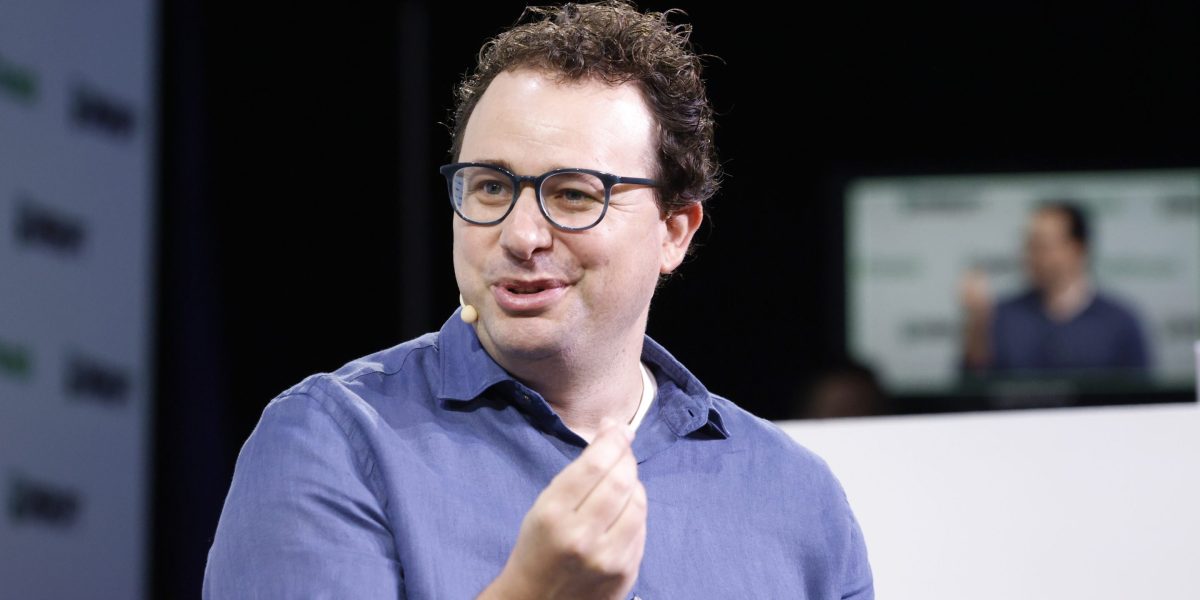This post was originally published on this site
https://fortune.com/img-assets/wp-content/uploads/2024/03/GettyImages-1692539711-e1711588253893.jpg?w=2048
Amazon.com Inc. says it’s investing an additional $2.75 billion in Anthropic, completing a deal it made last year to back the artificial intelligence startup and expand a partnership between the companies.
The infusion brings Amazon’s total investment in Anthropic, a well-regarded builder of AI tools able to generate text and analysis, to $4 billion, following an earlier investment announced in September. As part of that deal, Amazon had the right to contribute the additional funds in the form of a convertible note, provided it did so before the end of March.
As part of the tie-up, Anthropic has also agreed to use Amazon Web Services data centers to power some of its operations, and to use Amazon’s custom-built computer chips. Anthropic, based in San Francisco, has also committed to using chips from Alphabet Inc.’s Google, another close partner.
Anthropic is tied up with multiple big tech companies, including Google, which joined a $450 million round of financing last May led by Spark Capital. Google and Amazon Web Services are both Anthropic’s cloud computing partners.
Anthropic was formed in 2021 by former employees of OpenAI, including Daniela Amodei and her brother Dario, who serves as its chief executive officer. The company has since become one of OpenAI’s most formidable competitors, raising billions in funding. Most of its customers are businesses, ranging from search engine DuckDuckGo to travel guide publisher Lonely Planet.
The company, which offers a chatbot named Claude, has emphasized developing AI safely and responsibly. In early March, it introduced new software for the chatbot that it said will be better at carrying out complicated instructions and less prone to making things up.
Chatbots capable of mimicking human conversation have become an increasing focus of Silicon Valley companies — with fast tech advances fueling an investing frenzy. Chatbots themselves are by no means new. But the technology powering Claude and competitors’ bots is a more powerful tool known as a large language model, which is trained on massive swaths of the internet in order to generate text, such as an answer to a question or a poem. Such tools are an application of generative AI, systems that consider input such as a text prompt and use it to output new content.






